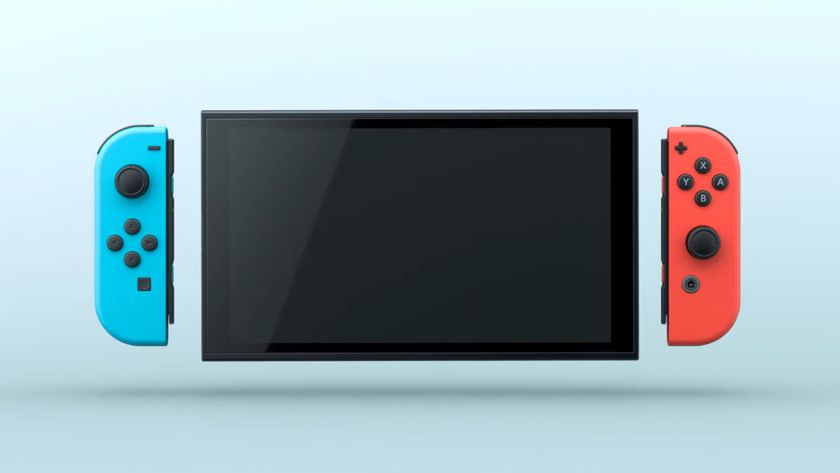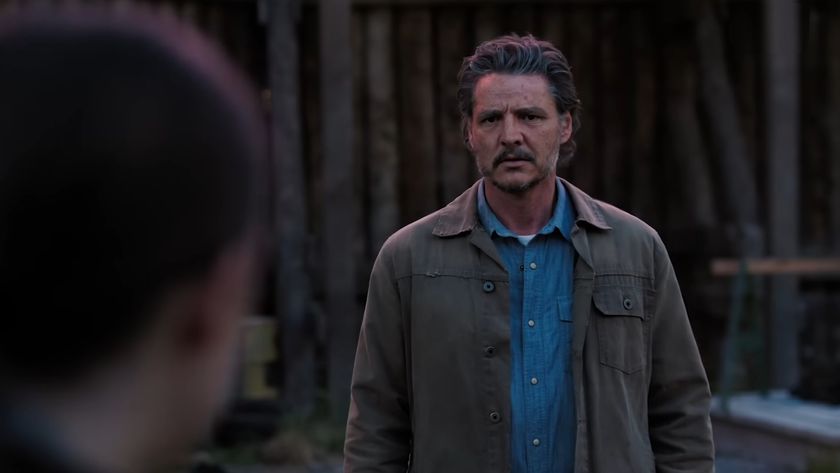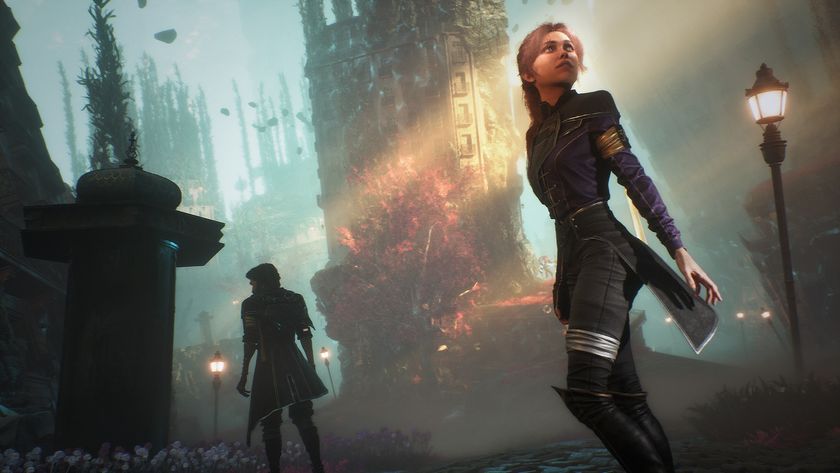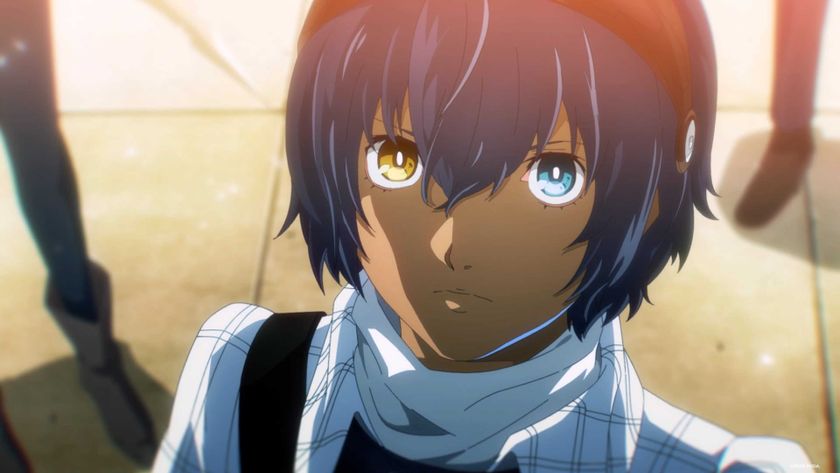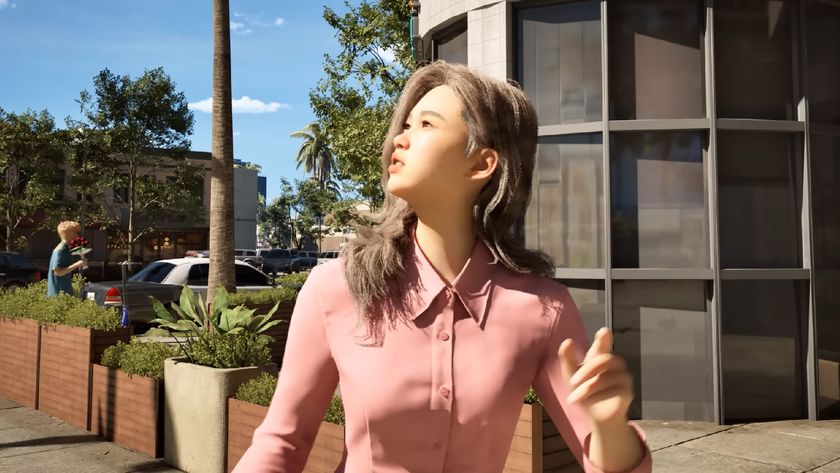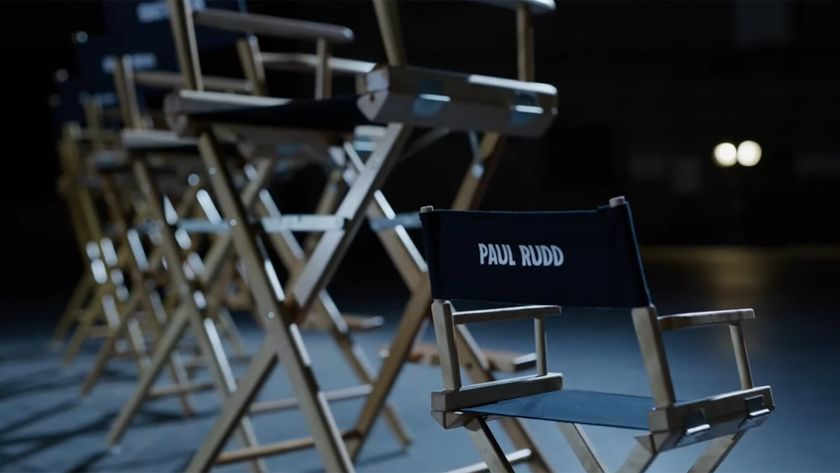What does Armored Core 6 even look like in a post-Elden Ring world?
FromSoftware once used Armored Core to experiment elsewhere, but the success of Elden Ring has turned the tables around
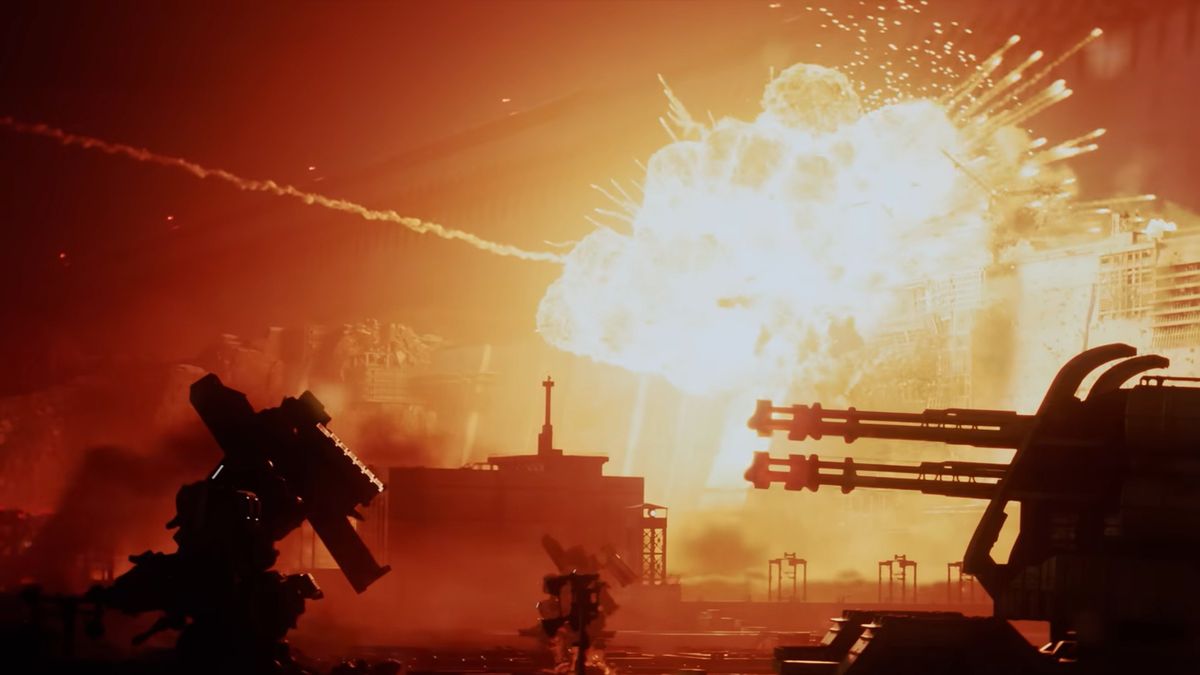
The best FromSoftware games over the last 30 or so years paint a divided picture. On one side, you have games that apply a fantastical twist on historical time periods, where the forces of light and dark are invariably at odds and threaten the existence of humanity. From King's Field to Tenchu, Otogi, Dark Souls, and, of course, Elden Ring, distinguished themes of honor, valor, revenge, corruption, cursed lands and sacrosanct cabals run through each and every one of these titles. On the other side of the divide, however, you have Armored Core – a future-flung sci-fi series about giant mechs smacking the crap out of one another.
Okay, so I'm oversimplifying. Even the first Armored Core – which arrived on the PSOne in Japan and the US in 1997; the summer of '98 in Europe – had an impressive customization suite, and dealt with some pretty sophisticated themes around industrialization and corporatocracy. But at its core (its armored core, if you will), it was about big beefy bots shooting laser cannons and chain guns in tight spaces. And it absolutely shone in local multiplayer.
It had broad appeal, basically, and, certainly until Armored Core 4's launch on PS3 and Xbox 360 in 2006, the series was the driving force of FromSoftware. Things have changed since, it's safe to say, which only makes the reveal of Armored Core 6: Fires of Rubicon at The Game Awards 2022 all the more intriguing. I mean, what does an Armored Core game in 2023 even look like?
Role reversal

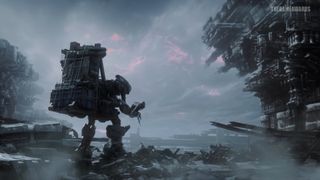
Armored Core fans can't wait to introduce all the Souls players to FromSoftware's weirdest series
Since Armored Core 4's release 16 years ago, there has only been one other series entry – Armored Core 5, which landed in 2012 followed by a standalone expansion, Armored Core: Verdict Day, the following year. In that time, FromSoftware has essentially rebranded itself, having launched Demon's Souls in 2009, Dark Souls in 2011 (and its Prepare to Die Edition in 2012), Dark Souls 2 in 2014 (and its Scholar of the First Sin edition in 2015), Bloodborne in 2015, Dark Souls 3 in 2016, Dark Souls Remastered in 2018, Sekiro: Shadows Die Twice in 2019, and Elden Ring earlier this year – all third-person action RPGs, with similar mechanics, themes, combat, light-touch narrative, and progression systems.
The steady rise of the Soulsborne games over the last decade, culminating in the meteoric success of Elden Ring – this, driven in-part by George R.R. Martin's attachment to the project – has elevated FromSoftware's status exponentially. In 2022, we now have a clear sense of what a FromSoftware game looks like. And it doesn't involve robots. It actually seems ironic that the Armored Core series – which was once FromSoftware's most recognized export and biggest earner – is now being revived off the back of Elden Ring's success. Once upon a time, Armored Core's hype and income allowed the developer to work on riskier, more esoteric ventures between times, such as Chromehounds and Enchanted Arms. But now Elden Ring, a game that's evolved from one of the studio's biggest ever risks, Demon's Souls, is in the driving seat.
Future heads
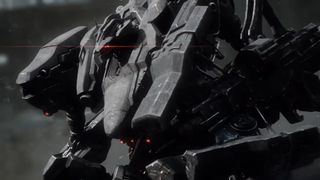
"But after chatting with some of 12DOVE's younger staff members, those who've grown up in tandem with the rise of Soulsborne games over the last 13 years, I don't think it's unfair to say Armored Core is now considered a relic of the past."
Which is a pretty cool journey. I played the first Armored Core at launch at the ripe old age of 11, and therefore remember the buzz around the series in its earliest days. But after chatting with some of 12DOVE's younger staff members, those who've grown up in tandem with the rise of Soulsborne games over the last 13 years, I don't think it's unfair to say Armored Core is now considered a relic of the past.
Bringing Armored Core up to speed for the current generation, then, will surely be FromSoftware's top priority. Moreover, Elden Ring's sprawling Lands Between sandbox has set new standards in open world exploration, so the thought of an Armored Core game potentially utilizing more expansive playgrounds is exciting. Local, and latterly online multiplayer quickly became one of Armored Core's biggest selling points from the off – and while earlier games were praised for their pick-up-and-play design, later games were however criticized for being sterile, punishing, and overly complicated. One of Elden Ring's biggest selling points, on the other hand, is how well it streamlines the Dark Souls formula, and how more broadly approachable it has become for new players in turn – something which, for me, will be key to Armored Core 6: Fires of Rubicon's success.
Sign up to the 12DOVE Newsletter
Weekly digests, tales from the communities you love, and more
It's worth noting that rumors of a return to the Armored Core series have been circulating for some time, and, given the fact its latest entry is due next year, it's clearly been in development for a while too. But it'll enter a new world, totally changed by the developer's previous game. If it wasn't already, FromSoftware is now a household name among gamers thanks to Elden Ring, and while fantasy action role-players and mech-fighting enthusiasts are two distinctly different audiences, there is definitely a new element of expectation and pressure on FromSoftware – from younger and older players across multiple interests – to deliver. Whether or not it does remains to be seen, but with the promise of Elden Ring DLC also on the horizon, it's definitely an exciting time for FromSoftware and the players it aims to serve.
Don't know your Elden Ring from your Dark Souls? Check out the best FromSoftware games of all time

Joe Donnelly is a sports editor from Glasgow and former features editor at 12DOVE. A mental health advocate, Joe has written about video games and mental health for The Guardian, New Statesman, VICE, PC Gamer and many more, and believes the interactive nature of video games makes them uniquely placed to educate and inform. His book Checkpoint considers the complex intersections of video games and mental health, and was shortlisted for Scotland's National Book of the Year for non-fiction in 2021. As familiar with the streets of Los Santos as he is the west of Scotland, Joe can often be found living his best and worst lives in GTA Online and its PC role-playing scene.

With no remaster in sight because Sony hates money and also me, I'm spending Bloodborne's 10-year anniversary thinking about its hardest, perfect boss battle
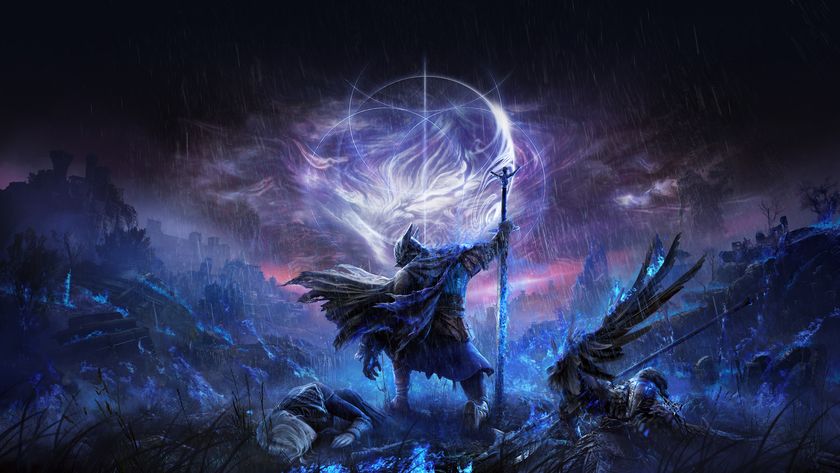
In 15 hours, Elden Ring Nightreign beta players managed to beat the Day 3 boss over 58k times, which sounds pretty good until you hear about the 38 billion runes lost

